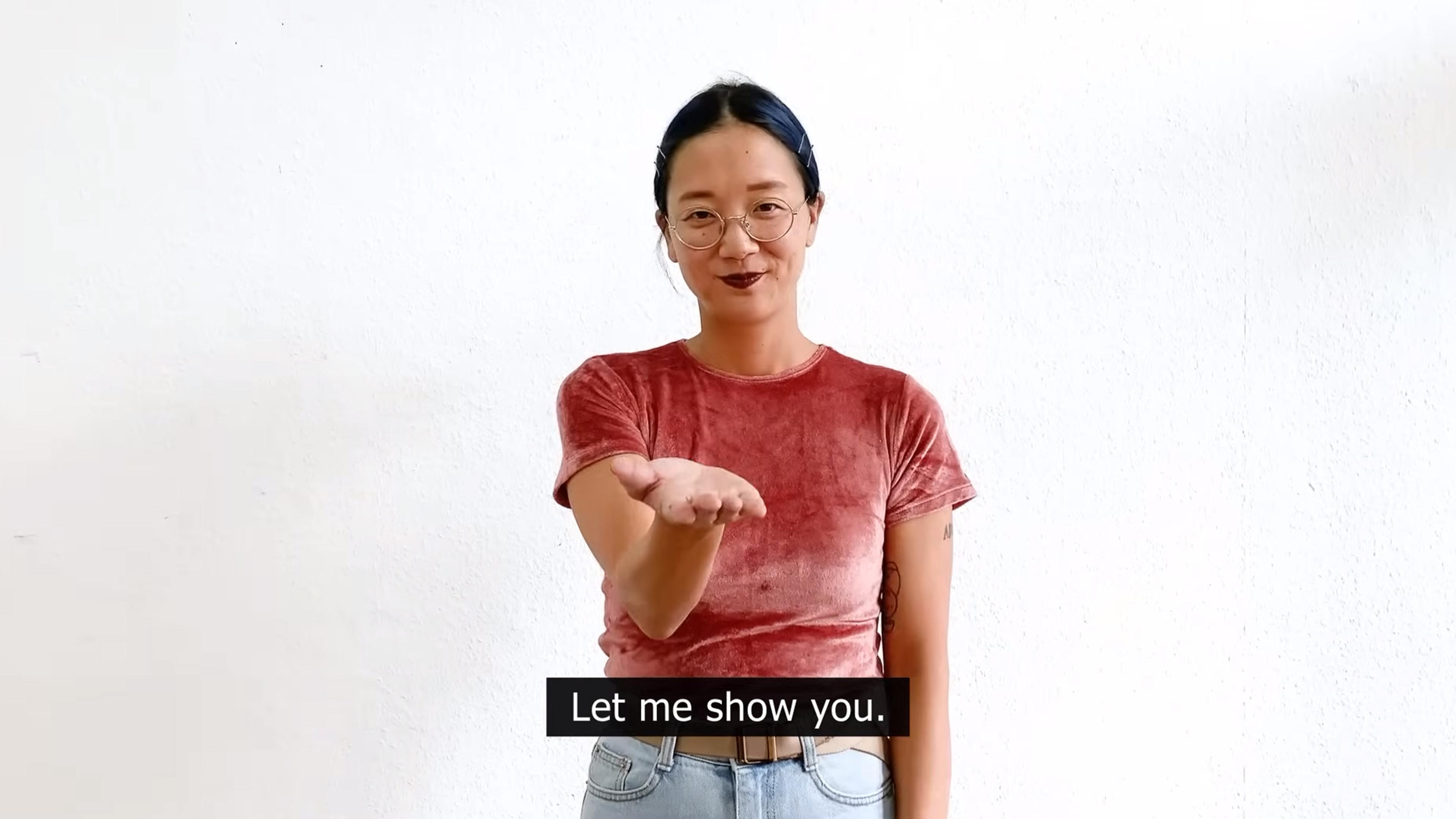Aeon Video has a monthly newsletter!
Get curated editors’ picks, peeks behind the scenes, film recommendations and more.
Why making if-then connections might be the key to consciousness
As recently as just a few decades ago, the interconnected web of experiences, thoughts and emotions known as a ‘stream of consciousness’ was widely believed to belong to humans alone. A still-accumulating body of evidence, however, strongly indicates that consciousness is far from unique to us. Rather, according to the Cambridge Declaration on Consciousness, which was signed by a group of leading scientists in 2012, it’s possessed by ‘nonhuman animals, including all mammals and birds, and many other creatures, including octopuses’.
So when and why did consciousness spring from the tree of life? This brief explainer from BBC Reel outlines one groundbreaking new theory from Eva Jablonka at Tel Aviv University and Simona Ginsburg at the Open University of Israel. Centred on a concept called ‘unlimited associative learning’ – the ability to link events and outcomes, and change behaviours accordingly – their theory proposes that the advent of consciousness some 500 million years ago gave way to an evolutionary ‘arms race’ in sophisticated thinking.

video
Animals and humans
Why be dragons? How massive, reptilian beasts entered our collective imagination
58 minutes

video
Rituals and celebrations
Flirtation, negotiation and vodka – or how to couple up in 1950s rural Poland
5 minutes

video
Technology and the self
In the town once named Asbestos, locals ponder the voids industry left in its wake
16 minutes

video
Biology
How the world’s richest reds are derived from an innocuous Mexican insect
5 minutes

video
Cities
A lush, whirlwind tribute to the diversity of life in a northern English county
3 minutes

video
Physics
The abyss at the edge of human understanding – a voyage into a black hole
4 minutes

video
Stories and literature
Robert Frost’s poetic reflection on youth, as read in his unforgettable baritone
5 minutes

video
Sex and sexuality
After a sextortion scam, Eugene conducts an unblushing survey of masturbation
14 minutes

video
Language and linguistics
Closed captions suck. Here’s one artist’s inventive project to make them better
8 minutes